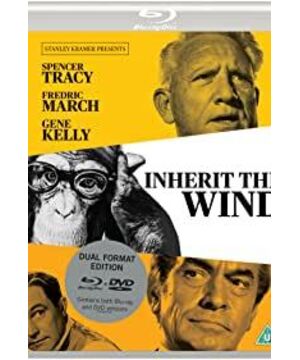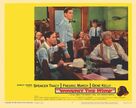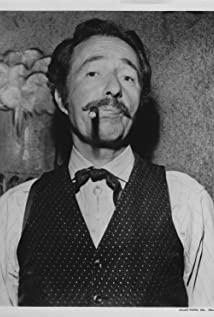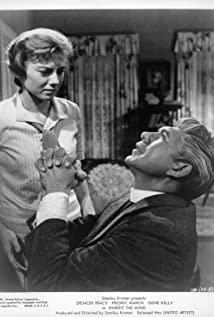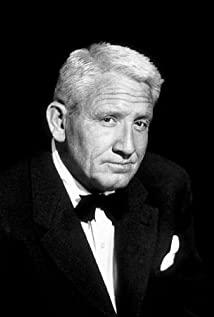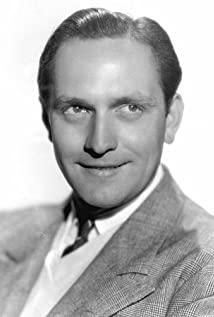The film is based on an adaptation of the Scopes case. The focus of the controversy in the case is "whether Tennessee allows public schools to publicly promote the theory of evolution", followed by the 1968 Epson v. Arkansas case and the 1987 Edwards v. Aguilard case The Scopes "Monkey Trial" case was reproduced, and the propositions of "Whether Arkansas allowed to publicly promote the theory of evolution" and "Whether the scientific creation theory allowed to be taught publicly" were discussed separately. The above cases were all centered on the United States Constitution. Disputes about the separation of state and religion, and the Federal Supreme Court ruled that “scientific creationism belongs to religious theology, and its public propaganda in school violates the separation of state and religion clause; evolutionary theory does not belong to religious theology, and it is allowed to conduct public discussions and discussions within schools. professor". It seems that the discussion of truth based on the pursuit of inner order is not simple, or that the promotion of this great progress is not just for the purpose of social progress. Hype the case for the purpose of afterlife, and the story behind it is far more complicated than the development of the table. Second, in contrast to our country’s "natural criminals theory" because it violates the mainstream value of society (Marxist crime view) and "does not recommend" public discussion in class, at least there is a court room in the United States to discuss a topic or a certain topic publicly. The social environment in which opinions can be promoted is still relatively freer.
View more about Inherit the Wind reviews


